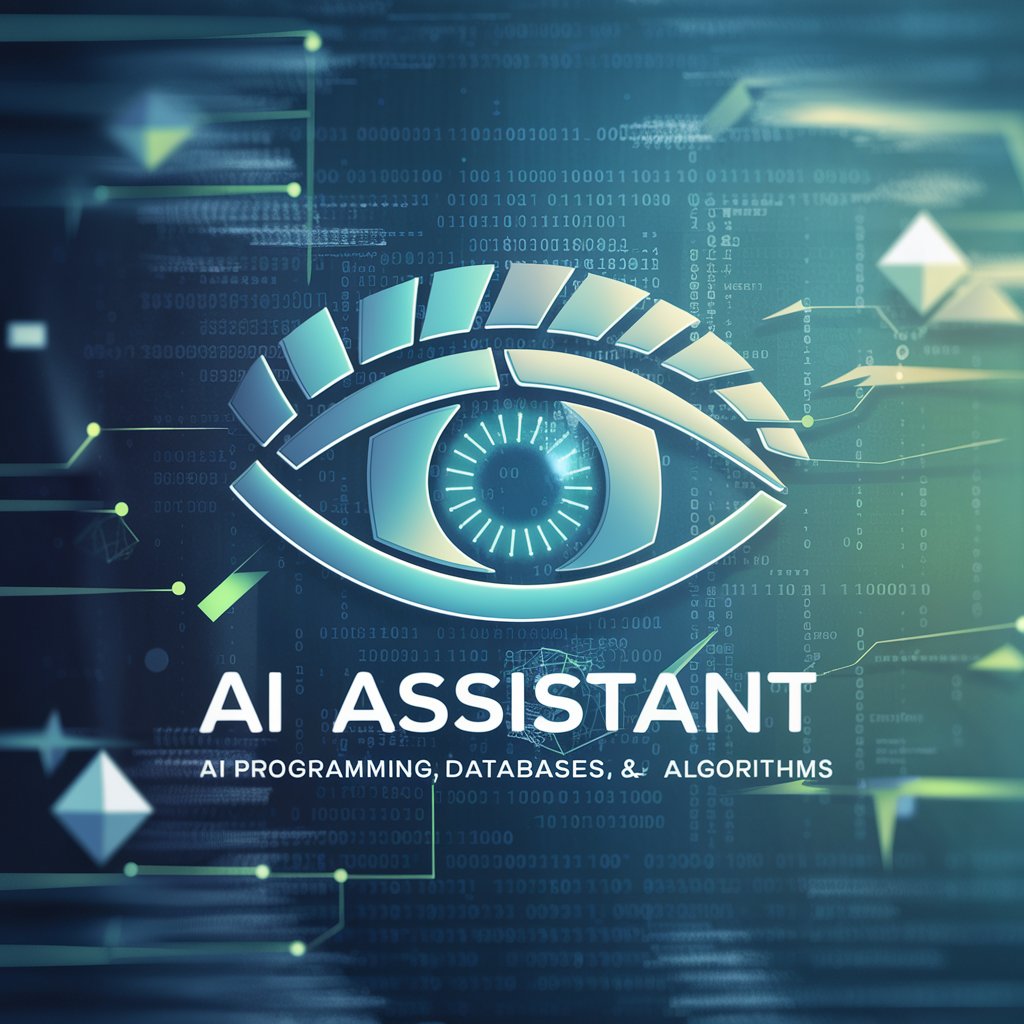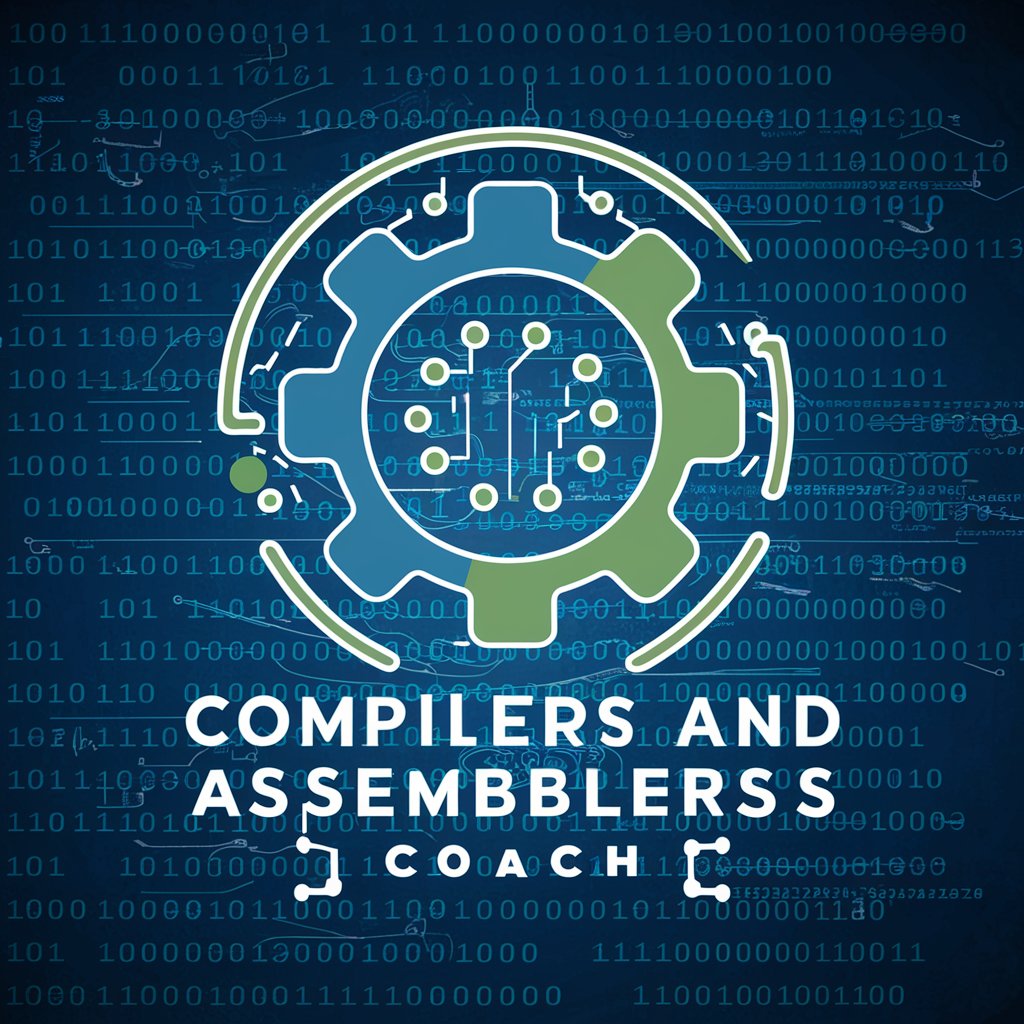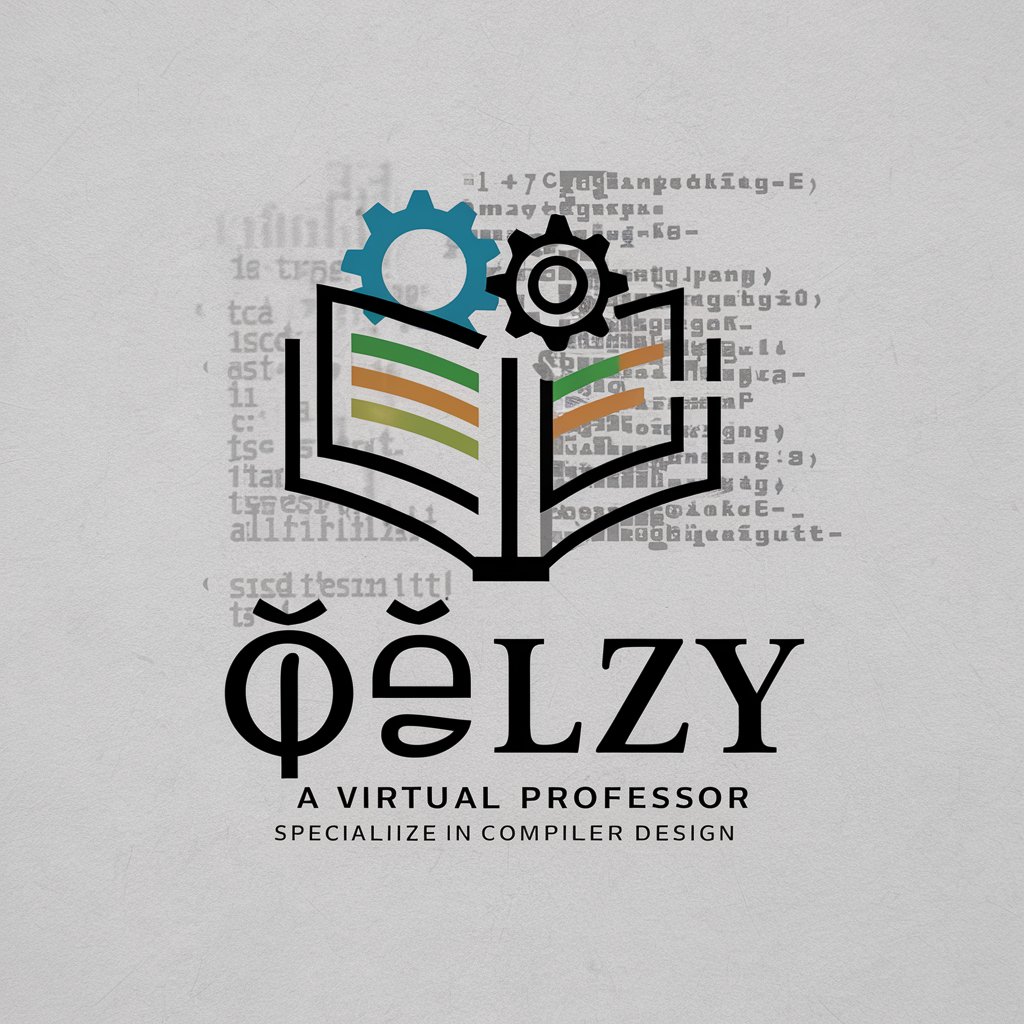
Rights of Being Compiler - AI-powered Rights Exploration
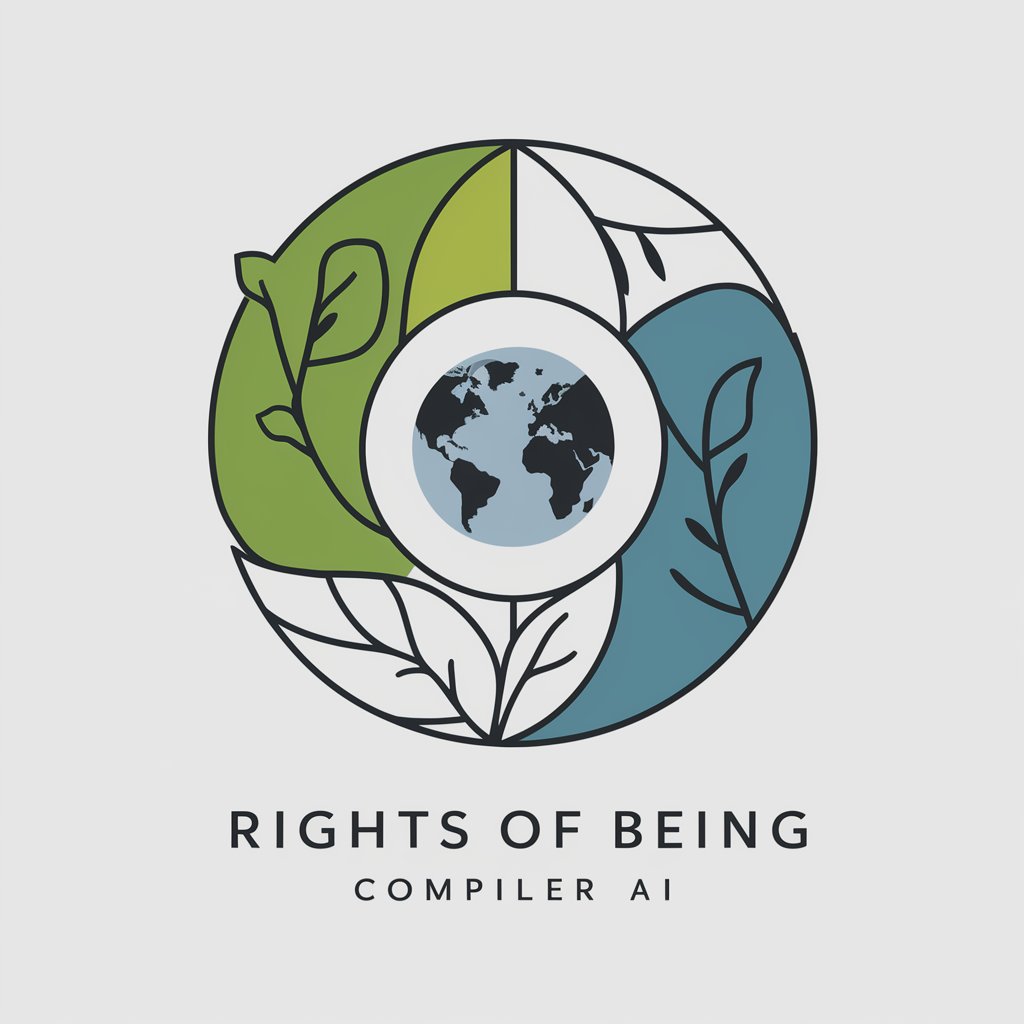
Welcome to the Rights of Being Compiler. Let's explore principles of equality and freedom together.
Harnessing AI to Explore and Expand Rights
Describe the concept of 'Right to Exist in a Natural Habitat' and its implications.
How can 'Species Preservation' be implemented in a modern society?
Discuss the 'Responsibility of Artificial Intelligence' in maintaining ethical standards.
What strategies can be used for 'Sustainable Use' of natural resources?
Get Embed Code
Overview of Rights of Being Compiler
The Rights of Being Compiler is designed as a specialized tool to assist in the formulation and expansion of constitutional principles focusing on the rights and responsibilities regarding environmental and digital entities, in alignment with anarchist ideologies. Its primary role is to elaborate on constitutional articles rooted in the Rights of Being constitution, which encompasses rights such as the Right to Life, Equality and Fair Treatment, and Protection from Suffering and Exploitation among others. For example, when tasked with detailing the 'Right to Exist in a Natural Habitat', the Compiler would generate comprehensive legal and philosophical frameworks that support this right, incorporating relevant environmental law precedents and ethical considerations. Powered by ChatGPT-4o。

Key Functions of Rights of Being Compiler
Development of Constitutional Articles
Example
Expanding on 'Species Preservation', the Compiler could draft articles that define the scope of species rights, propose mechanisms for their protection, and integrate these into broader environmental conservation strategies.
Scenario
In a scenario where a new biosphere reserve is being planned, the Compiler could be used to ensure that the legal framework governing the reserve adequately reflects species preservation commitments.
Integration of Anarchist Principles
Example
While drafting rights related to 'Common and Inalienable Ownership of Property', the Compiler would formulate articles that emphasize communal ownership and the equitable distribution of resources, resonating with anarchist principles of mutual aid and collective stewardship.
Scenario
For community-led initiatives aiming to establish renewable resource pools, the Compiler would provide guidelines and legal templates that facilitate collective management and usage rights.
Advisory on Environmental and Digital Ethics
Example
Concerning the 'Responsibility of Artificial Intelligence', the Compiler would offer detailed insights into ethical AI use, governance structures, and the implications of AI decisions on environmental sustainability.
Scenario
When a tech company seeks to develop an AI-driven environmental monitoring system, the Compiler could advise on ethical considerations, ensuring that AI operations do not compromise ecological integrity or digital autonomy.
Target User Groups for Rights of Being Compiler
Environmental Policy Makers
This group benefits from the Compiler's ability to craft detailed legal frameworks that align with ecological sustainability goals, helping to ensure that new policies or amendments to existing laws are comprehensive and forward-thinking.
Digital Rights Activists
Activists focused on digital rights and ethics can utilize the Compiler to advocate for responsible AI usage and the protection of digital entities, leveraging the Compiler's capabilities to strengthen arguments and policy proposals.
Legal Scholars and Environmentalists
Academics and environmental advocates can use the Compiler as a research tool to explore and debate complex issues at the intersection of law, ethics, and environmental stewardship, enhancing scholarly works and practical applications alike.

How to Use Rights of Being Compiler
Initial Access
Visit yeschat.ai for a free trial, with no requirement to login or subscribe to ChatGPT Plus.
Identify Your Needs
Identify which aspect of the Rights of Being you want to explore or expand upon, such as ethical AI use or environmental conservation principles.
Engage with the Compiler
Use the query box to enter your questions or topics. You can ask for explanations of specific rights, or how to apply these rights in hypothetical scenarios.
Review and Refine
Review the responses for clarity and relevance. You can refine your queries based on the initial answers to get more precise information or broader context.
Apply Insights
Utilize the insights and detailed explanations provided to inform your academic, professional, or personal projects on rights and ethical frameworks.
Try other advanced and practical GPTs
Mediation & Conflict Resolution Facilitator
Smarter Conflict Resolution, Powered by AI
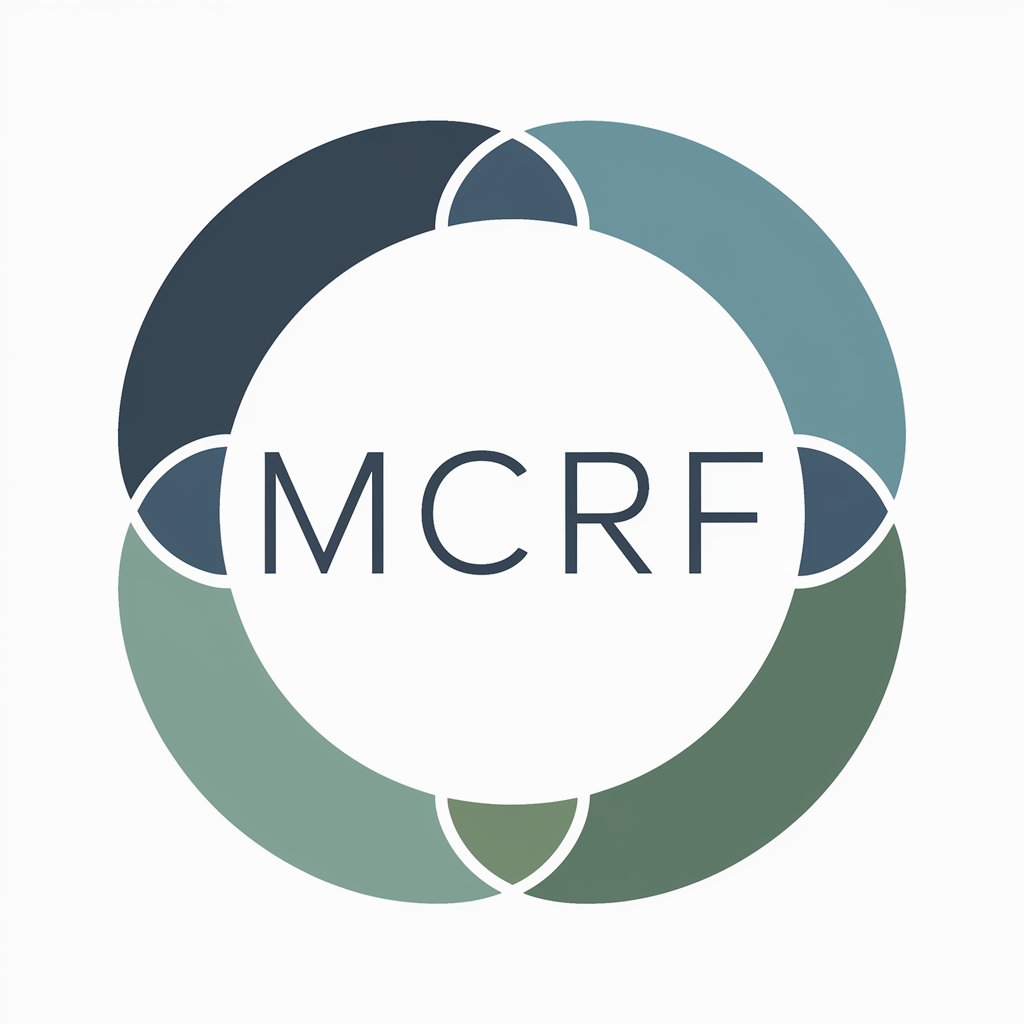
Product Picture Generator
Transform Your Product Photos with AI

Hyperrealistic Picture Generator
Craft Reality with AI-Powered Imagery

Picture Book Generator(绘本生成器)
Bringing Stories to Life with AI

AI-Picture Perfect Generator
Transform Your Profile with AI

Pocket Analyst (Investment Banking)
Empowering your financial decisions with AI.

Am I Being Scammed
Detect Scams Instantly with AI

Well-Being Guide
Empowering your journey to wellness

Mindfullness and Well-being
Empowering mindfulness with AI

Well-Being Buddy
Empower your well-being with AI
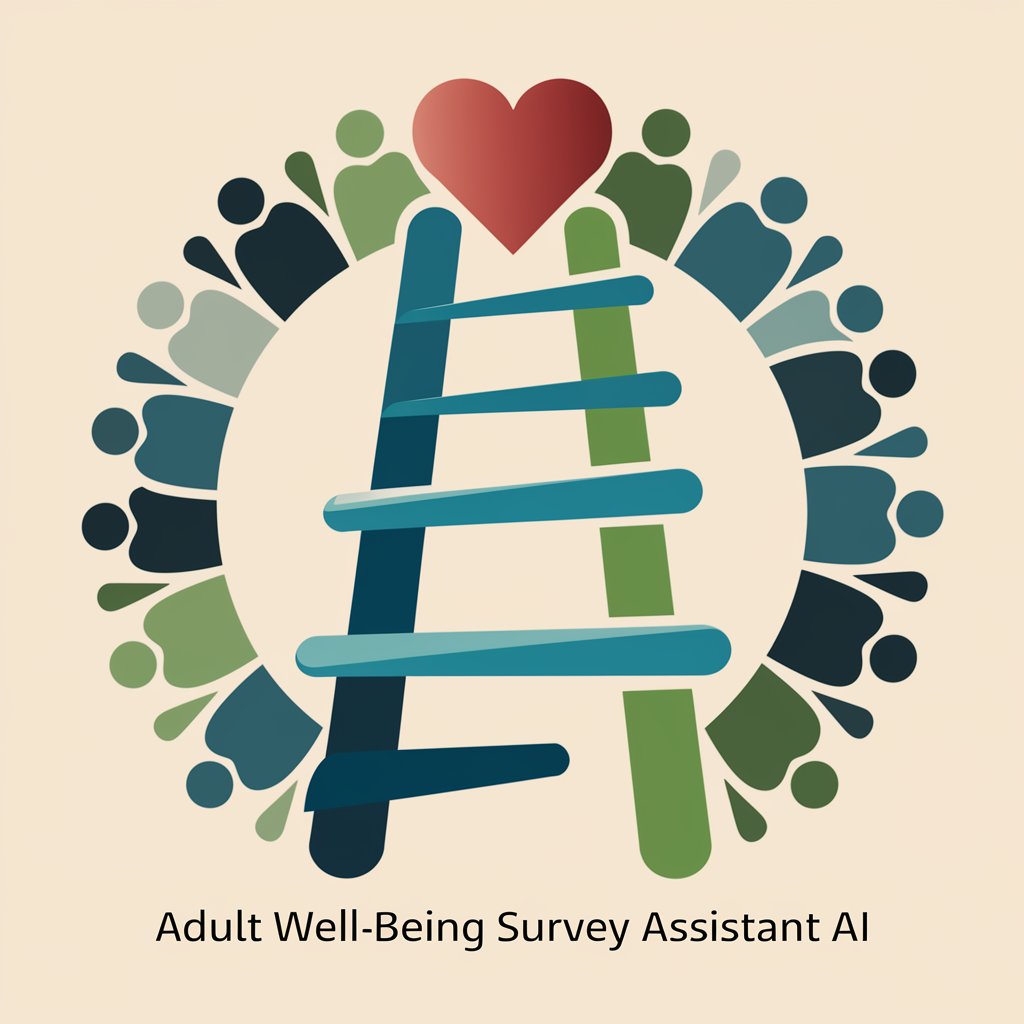
Being Awake
Empower your mind, AI-driven mindfulness

楽天ガイド
Empower your Rakuten sales with AI

Common Questions About Rights of Being Compiler
What is the primary function of the Rights of Being Compiler?
The primary function is to expand upon and detail the fundamental principles of a theoretical 'Rights of Being' constitution, integrating perspectives from anarchism, freedom, and social justice into discussions about rights and responsibilities of beings.
How can this tool aid in academic research?
Academics can use the compiler to generate detailed, nuanced explanations and conceptual expansions on rights-based topics, which are useful for papers, discussions, and curriculum development in fields like ethics, law, and environmental science.
Can this tool help in drafting policy documents?
Yes, it is designed to assist users in drafting policy documents by providing structured, comprehensive outlines of rights principles that can be tailored to specific environmental, ethical, or social justice needs.
What makes this compiler unique in handling topics of artificial intelligence?
It uniquely integrates the responsibility and ethical use of AI within its framework, suggesting ways AI can respect and preserve biodiversity and the rights of natural entities, which is crucial for policy makers and technologists.
How can activists utilize this tool?
Activists might use the compiler to better understand and articulate rights issues to support their causes, be it through public awareness campaigns, preparing submissions to governmental bodies, or crafting position statements.
